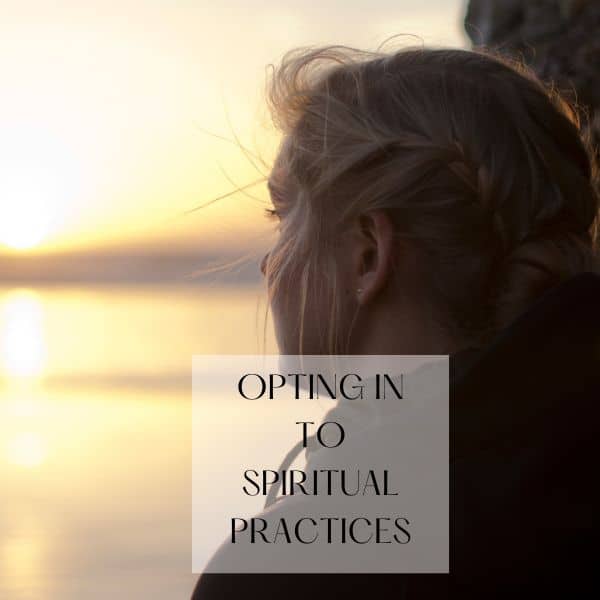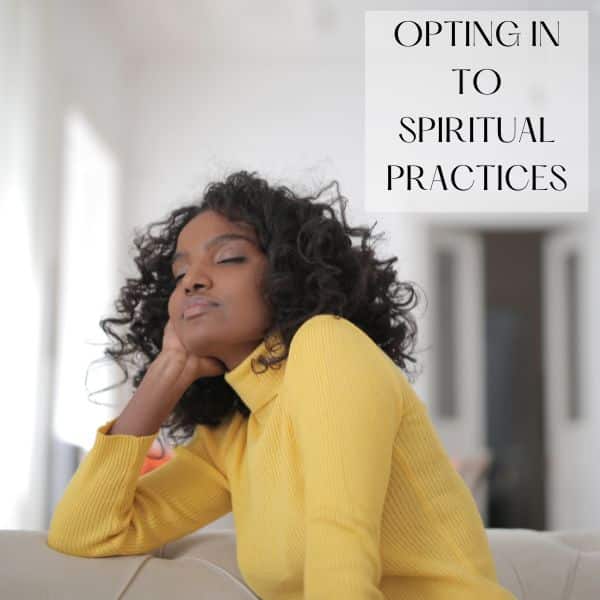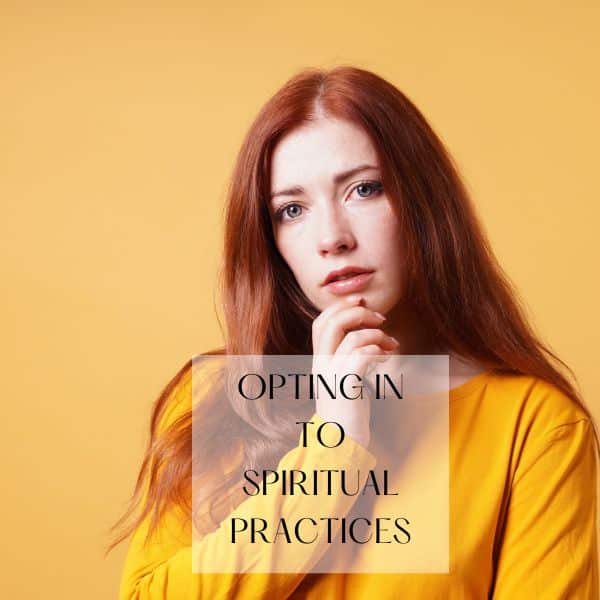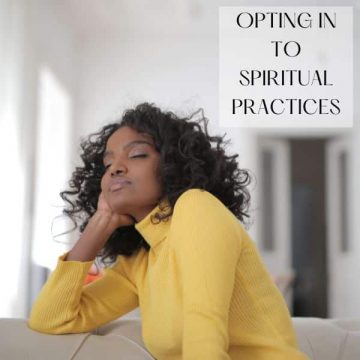
When you have digestive issues, doctors will sometimes recommend returning to a very basic, bland diet. The idea is to remove any potentially triggering or disruptive foods, then gradually add them back in, so you can figure out which ones are causing you harm (and which ones are safe and healthy). The practice is challenging, but it’s intended to help you actively choose foods and nutrients that are right for your digestion.
Ultimately, rather than being restrictive, the hope is to help you find what foods you can choose to help you thrive. Unfortunately, the practice itself can be very challenging. Food advertisements, fast food, treats at work, and cravings are everywhere. Just thinking so much about food can be depressing and discouraging. Sometimes, you are on the right track and then adding something in throws the whole balance off. It’s a process that takes patience, time, and being gentle with yourself.
When I first started questioning my beliefs and heading on that infamous “spiritual journey,” I felt a bit like someone with digestive issues. I had constant flare-ups, but everyone around me constantly advised me to just keep eating the same things and practicing the same habits and my problems would resolve themselves. Unfortunately, they only got worse.
Over time, I started my own kind of spiritual elimination diet, but without a thoughtful practice or plan. I took things out through anger, despair, hurt, and frustration. I stopped practicing things because they challenged my conscience and because they did not lift me spiritually. I opted out to gain control over my own spiritual experience, but it often felt like opting out of spiritual practices entirely.

“Opting out” started to feel very passive to me. It also came from a place of anger and hurt that exhausted me and wore down my spirit. Yes, I wanted to eliminate barriers to reaching God and hearing the spirit speak to me. Yes, I wanted to only engage in spiritual practices that filled me and represented my conscience. Yes, I wanted to feel spiritually alive and nourished. Was opting out accomplishing these goals? No.
This new way of thinking about my spiritual needs led me to begin practicing “opting in.” So much of my spiritual practices before were automatic and thoughtless: say “amen” at the end of prayers, raise my hand to sustain when prompted, sing the hymn when the music starts, attend class at the beginning of the hour, say “yes” to callings, wear garments, and so on. I opted out to no longer simply do without thinking, but now it was time to move on to the next step.
What if, instead of only opting out, I chose a spiritual place that allowed me room to add in and remove spiritual practices and ideas? If I attend church and do not sing, it will certainly look like I’m opting out to people in the congregation. But that’s ok. If the spirit moves me, if the words speak to me, if I feel like singing with this group is meaningful, then I will opt in.
Keeping my hand down when people are being sustained for callings or into priesthood offices will look like opting out to others. But I view the practice of sustaining as meaningless because no one is really meant to disagree and people are criticized when they do. I also believe that any priesthood should include women and, yes, I’ve asked our Heavenly Parents about this. Until women are included, I don’t opt in to this practice. But I do speak to my sons about it when they are confirmed and I do opt in to attending and loving them in their decision to participate.

I have opted in when asked to speak in sacrament, because speaking and teaching brings me joy. I love the process of studying, writing, then teaching. Of course, there are some topics that I opt out of. Will some view this as strange? Perhaps. But it doesn’t matter. This is my process and my continuing, changing spiritual practice.
Is opting in vs opting out just semantics? Perhaps for some. But, for me, it’s the difference between a passive and an active spiritual experience. Opting in invites me to be thoughtful in my practices. It asks me to evaluate my choices and motivations. It challenges me to opt in to practices that may upset my spiritual balance and force me to reevaluate all over again. Opting in keeps me from being stagnant or rote in my spiritual practices or haphazardly opting out; because either way gives me spiritual indigestion.





4 Responses
As someone who has dealt with IBS and food intolerances all my life, and who is grappling with what I want to do spiritually, and what I don’t, this post really spoke to me! Sometimes you can discover a practice’s impact on you by pausing it. I paused personal prayer for awhile for diverse reasons. Then I discovered it actually was something I really needed and wanted, and that helped my mental health. It gave me expression and helped me be in touch with my spiritual sensibilities. I like your list and description of what you do and why. I resonate with wanting to continue to speak and teach even though my thinking is different and less conventional than it used to be. It is also in line with my values and what I enjoy. Thanks for sharing.
This is such a mentally healthy approach. I love it and will adopt the verbiage.❤️❤️
Yay for cafeteria Mormons who pick and choose what works for them, and decline to participate in what does not! I also opt out of sustainings and singing songs in church that do not resonate with me (last week’s AND yesterday’s opening “hymn” were battle songs with almost 40 fighting words each! Ugh. No thank you.) Opting in to service activities and Heavenly Mother and LGBT support firesides.
I really like your framing here, and your analogy to diet choices, where you might try to prune everything back to basics first.